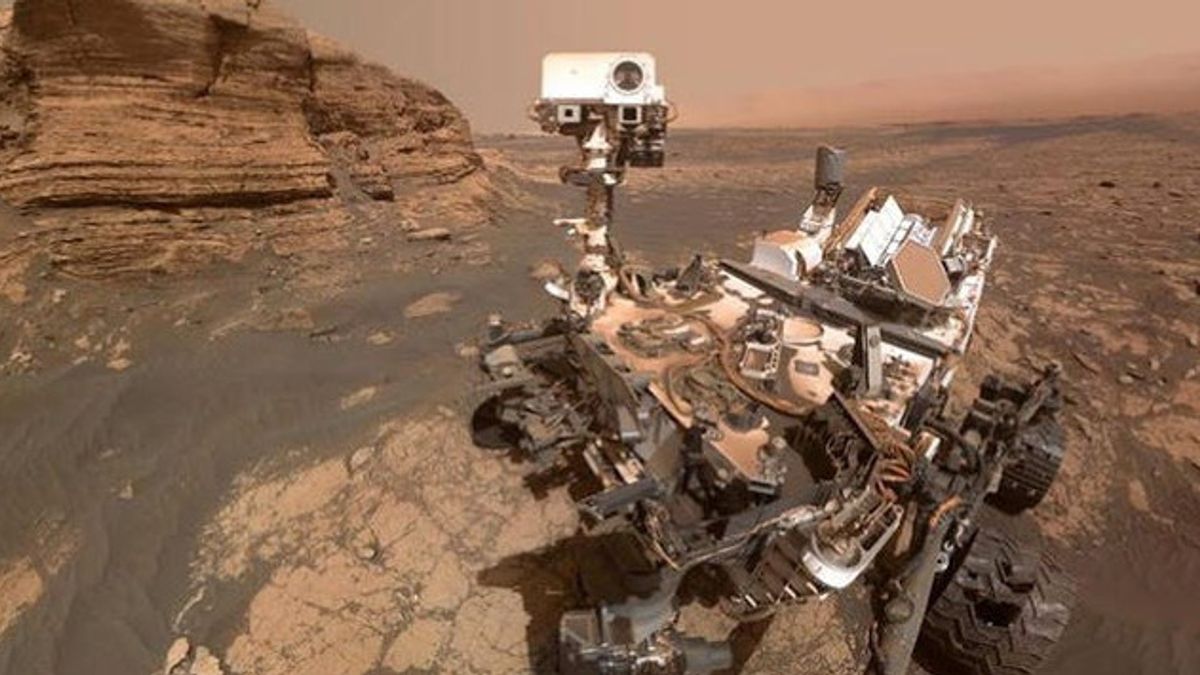JAKARTA - NASA's Perseverance rover made history in late 2021 when it collected the first samples of Mars' rock. However, the rover robot often faces difficult challenges on the red planet.
All rocks that Perseverance collects will be sealed in a tube, then placed on the surface of the red planet so that it can be collected by other explorers in the future.
The sample will then be loaded onto a climbing vehicle, sent into orbit, collected by another spacecraft, and brought back to Earth.
To prevent some of these problems from recurring, NASA scientists are now conducting experiments on Earth to learn more about the types of rock that a rover could encounter.
This is to help collect samples more smoothly in the future. Perseverance is known to have encountered problems while trying to collect its first rock sample, dubbed Roubion.
Initial attempts (made in August 2021) appeared to be going well until the rover robot checked the canister and found it empty. The problem was that the stones were too fragile, which made them difficult to collect.
However the second attempt was successful, but researchers wanted to learn more about what happened during the first attempt. Scientists think the problem has to do with how much water Roubion has been exposed to during its lifetime.
"From the rocks we saw, Roubion has the most evidence of interaction with water. That's why it's a mess," said Perseverance Project Scientist Ken Farley of Caltech, as quoted by Slashgear, Friday, February 18.
To learn more about rocks like Roubion, NASA researchers visited the Santa Margarita Ecological Reserve in California. They found rock there that was somewhat solid, like Roubion, but could also crumble. They collected half a dozen samples and then brought them to the lab.
The team there found that these intricate rocks should be approached with caution, as even a small change in drill percussion strength or speed can cause the rocks to crumble. However, they were able to gather valuable information on how to drill these complex targets.
So far, Perseverance has collected six samples, and the sampling process has been mostly smooth. However, having experience drilling these complex rock types means the team is ready for more difficult samples in the future.
The English, Chinese, Japanese, Arabic, and French versions are automatically generated by the AI. So there may still be inaccuracies in translating, please always see Indonesian as our main language. (system supported by DigitalSiber.id)













